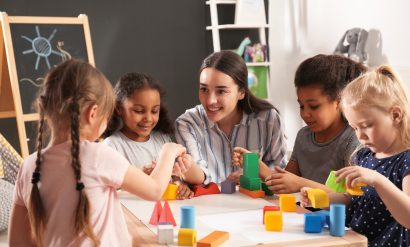
J: Juggling play and learning: The role of guided play
How can we bring play and learning together to support children's development?
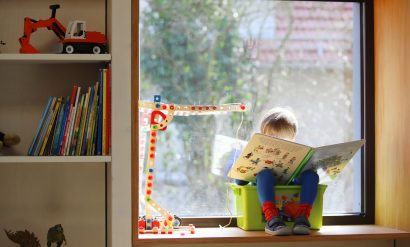
K: Keeping up the good work: The long-term effects of early interventions
What do we know about the long term effects of programmes supporting children's development?
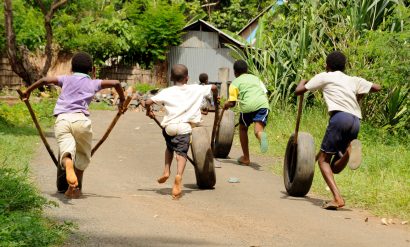
L: Links with learning? Uncovering parental attitudes towards play in diverse contexts
What role do parents consider play has in their children's development and learning?
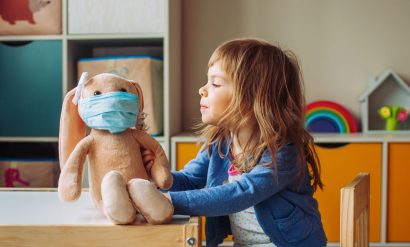
M: Masked play is still play!
Is children's play also on lockdown?
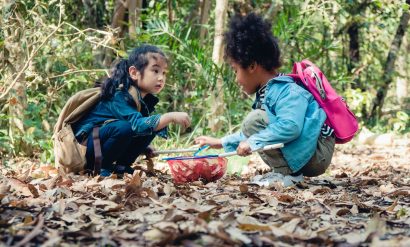
N: Nature and outdoor play
Why is it so important for children to get outdoors to play and learn in nature?
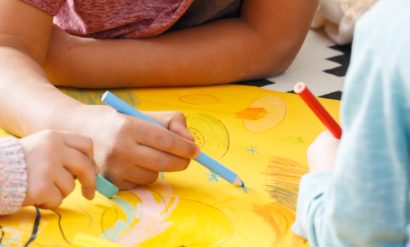
O: Oppression, agency, play and education
What would organised education look like with agency at its heart?
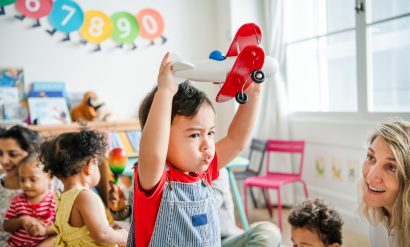
P: Pretend play: Promoting positive emotions in children
Why is pretend play a particularly positive place for children? 假装游戏: 提升儿童的正面情绪

Q: Quality research for quality classroom practice
How can we ensure that research is accessible and feasible in our classrooms?
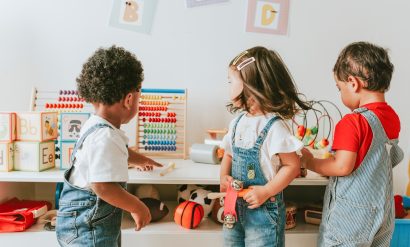
S: Social play and its importance – it takes two!
What skills do children need to play together and how can we help them along the way?
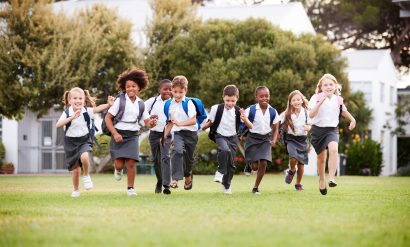
T: Transitions: Play and the transition to school
How can we use play to support children in their transition to school?

U: Unconventional ideas: What is creativity and how can it be nurtured?
Why are play researchers interested in creativity?
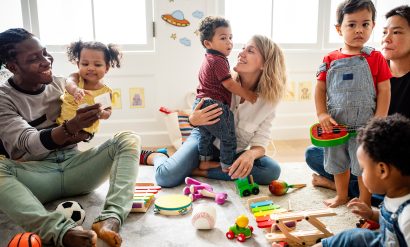
V: Videos of family play moments support child development
Are videos of play a helpful way for families to learn about and respond to their children's behaviour?
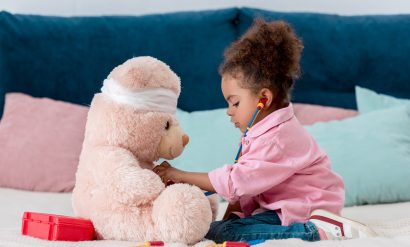
W: Why we all need play in a crisis
How can play help us to understand and process thoughts and emotions during times of trauma or crisis?
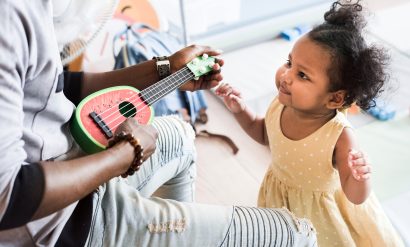
X: X-SEL in life: Supporting social and emotional learning in early childhood
How can we support children with their social and emotional learning?

Y: You and me: Parent child playfulness
What are some of the everyday ways parents can spend playful time with their children while at home?

